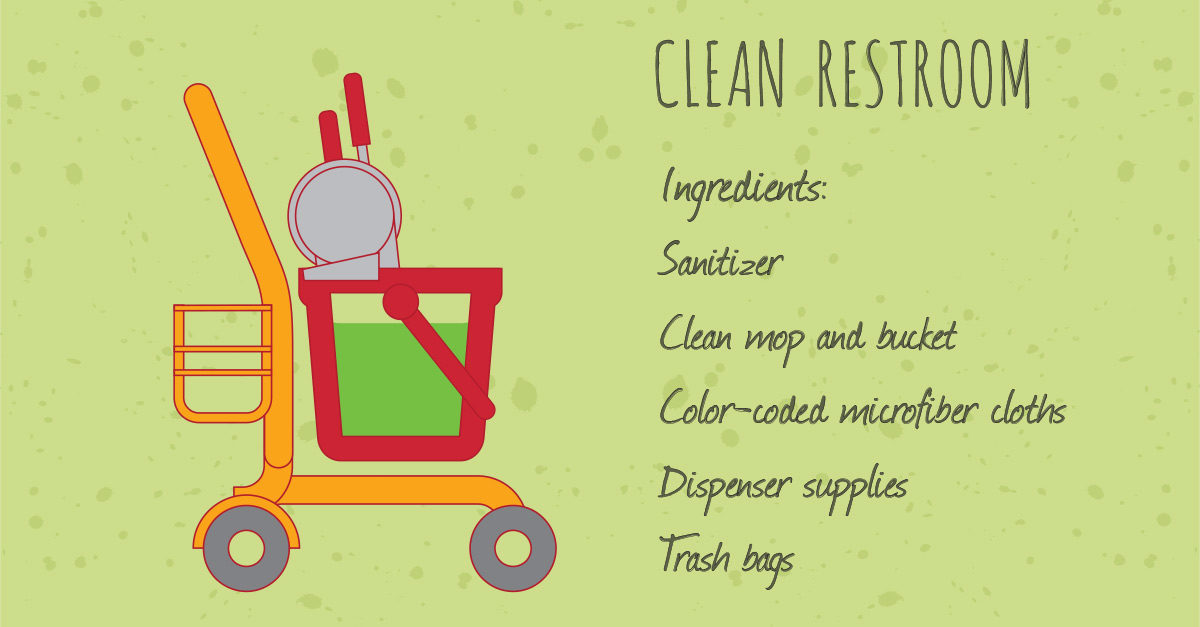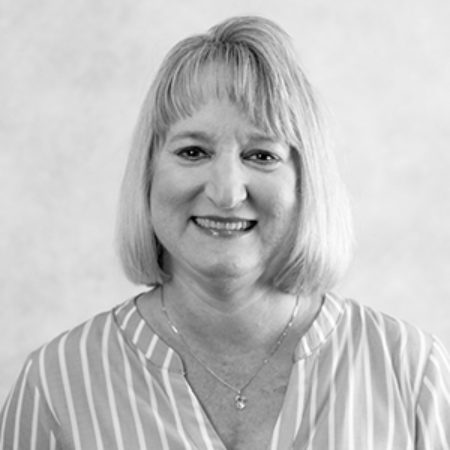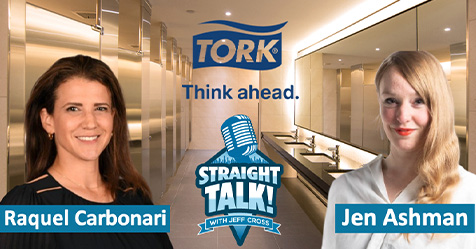A clean restroom reflects positively on your facility, inspiring customers to return and keeping building tenants happy and healthy. But these clean restrooms don’t just happen by chance.
ISSA’s Cleaning Management Institute (CMI) offers courses that allow participants to become certified in restroom care. An upcoming course will be held at the ISSA Show North America 2018, October 29-November 1 in Dallas, TX.
“The course will teach the perfect recipe to clean restrooms,” says Joel Craddock, president and CEO of Doc’s Facilities Solutions in Rochester, NY, and educator for the course, Clean Restrooms = Happy Customers, on Tuesday, October 30. “If you follow a standardized recipe for cleaning and teach all your cleaners to follow it the same way, you should be able to reduce complaints about restrooms in your facility.”
A CMI master trainer, Craddock has more than 30 years of experience in the cleaning industry. He worked his way up from a cleaner to a cleaning business owner and cleaning consultant, and has been everything from a sales manager to a vice president. “I’ve washed a lot of toilets, and I still wash them today,” he says. “I feel if I can’t do it myself, I can’t ask anyone else to do it.”
A Pinch of Buckets, a Dash of Mops
As with any good recipe, effective restroom cleaning includes several ingredients, all of which will be discussed during the course. One main ingredient is equipment, which Craddock describes as cleaning tools that last more than a year, such as mops, buckets, and no-touch water sprayers.
Craddock will cover the basics of using equipment for traditional cleaning as well as touch-free cleaning. “This course is for you, whether you’re getting down and scrubbing by hand in a small building, or you’re using a no-touch system to power wash restrooms in a larger facility,” he says.
Although a no-touch water sprayer seems like it would be a good investment, Craddock warns it is not necessary equipment for every facility and is prohibited in health care facilities.
“No-touch systems save a lot of labor, but the cost can be prohibitive. Plus, you have to consider the ease of shipping,” he says. “It’s a great investment for universities and other large facilities, but you may not receive a return on investment in smaller offices with less than 20 employees and only one or two restrooms.”
Stir in Materials and Supplies
Other cleaning tools, namely materials and supplies, don’t require as much of an investment and don’t last as long as equipment. But they are crucial to the cleaning process nonetheless. Materials include microfiber cloths, dusters, and other tools that last a few months to a year before they need replacing. Craddock will review the most effective methods to use materials to clean and to prevent cross contamination. For instance, color coding microfiber cloths according to tasks, such as one color for toilets and another color for sinks, prevents the spread of germs from one restroom area to another.
Supplies are single use items, such as disposable gloves, disinfectants, and cleaners. “You can’t put the chemical back into the bottle after you use it,” Craddock explains.
The course will outline the ideal cleaning solutions and chemicals for cleaning floors, sinks, and toilets as well as proper dilution levels.
Bake, or Dwell, for 10 Minutes
Just as you can’t take a cake out of the oven before it’s finished baking, you can’t rush the cleaning process. Craddock says the most important tip he can give away in advance of the course is to allow cleaning and disinfectant products enough dwell time do their work. That means cleaners should let disinfectants remain on surfaces for 10 minutes before rinsing. “We don’t live in a spray and wipe world, although that’s what TV advertising would have you think,” Craddock says. “Give your cleaning products enough time to do their job.”
Yield: One to One Thousand Clean Restrooms
Whether you’re a one-person cleaning business or a facility manager in charge of several thousand staff, this CMI course will offer practical tips and best practices suited to your needs. ISSA show attendees need to purchase the class separately from general show registration.



